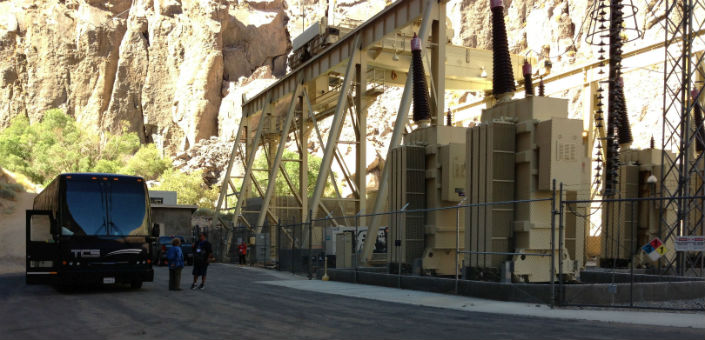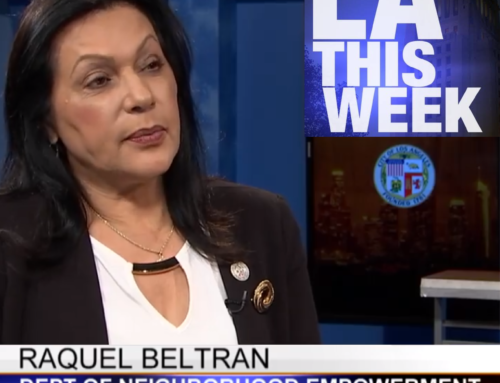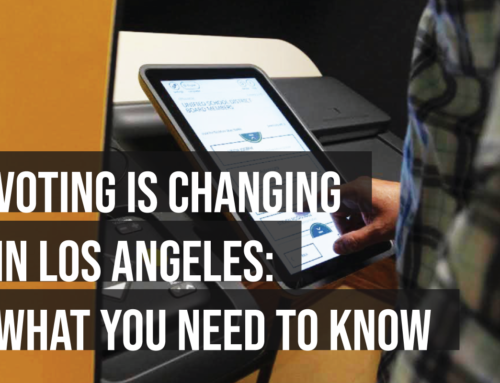By Tony Wilkinson
How well can you manage a high technology business when its employment system is purposely designed to create lifetime jobs and to assure that nearly all managers come from existing employees?
Will a 100 percent “inbred” system allow the Department of Water and Power to adapt to fast-changing technology, to competition, and to the higher expectations of its customers?
Probably the most important DWP Reform is a City Charter change to give The Department more hiring flexibility. The proposal is to remove the requirement that DWP use the existing citywide Civil Service system. It would allow DWP to create its own hiring and promotion system that meets the needs of its multi-billion dollar business. With nearly 9,000 employees, DWP is certainly big enough to justify its own personnel department and hiring system.
The Civil Service system is a government reform from the progressive era that prevents patronage. It assures that newly elected leaders will not fire old employees and replace them with their own friends. Hiring and promotion are based on test scores. The test is supposed to be related to job skills. Both new workers and job promotions are required to come from the high scores on a list of people who have tested for the job. In order to protect the system, workers have strong appeal rights for job discipline and firing.
The Civil Service systems in the United States were designed in the late 1800s and early 1900s. They are most useful to protect government office work and basic service jobs (police officers, janitors, plumbers). There are numerous challenges in using the city’s existing Civil Service system at DWP.
(1) Civil Service job descriptions and tests can easily become out of date and even irrelevant in a business with fast-changing technology.
(2) The use of citywide job descriptions at DWP may fail to match the actual DWP work. (Is a tree trimmer the same at DWP when the work includes the extra training and danger involved when working continually near high voltage power lines?)
(3) Management is both an art and a science. To what extent is a high score on a written test an appropriate way to select effective managers?
The United States federal civil service system excludes entire departments and agencies. These “excepted service” groups include most law enforcement and security agencies, the US Postal Service, the Department of Justice, the Federal Aviation Agency, the National Science Foundation, and the Tennessee Valley Authority public power and waterways system. These excepted service agencies have consistently claimed that they need the speed and flexibility of their exemption in order to perform their mission and (because there are fewer appeals to job penalties and firings) to maintain good order and discipline.
One Monday morning this past March, Marcie Edwards, DWP’s General Manager, came in to find the desk of her gas manager empty. The gas manager had simply retired. There is no requirement for any advance notice. This is the job that purchases natural gas for use in DWP’s power plants. The vacancy comes at a time when a leak at the SoCalGas Aliso Canyon storage facility in the San Fernando Valley has prevented that underground reservoir from being filled. One fourth of the gas from that reservoir is used for summer power generation. DWP could face shortages that require rolling blackouts. The GM must hire a new gas manager from the candidates who hold the top three numeric scores in the civil service test. In this case, they may be very good engineers, but none of the candidates has any experience with purchasing natural gas.
When a new DWP billing system generated thousands of incorrect bills, the Department’s Customer Service phones were inundated. DWP was prevented from hiring new telephone operators. New hires had to come from the Civil Service list, and that list had not been maintained. Call wait times rose to a level of hours and stayed that way for months. DWP finally got permission for emergency hires from the City Council and then trained them. Those workers were then fired within a year and replaced by a new group workers who had taken the Civil Service exam. None of this helped the Department or its customers to meet their Customer Service needs.
When you say “DWP Reform”, most people don’t see how it relates to them as rate-paying customers. These two real world examples are a small illustration of how the Department’s lack of hiring flexibility can affect all of us.
Eliminating Civil Service at DWP would still leave in place the job protections of a strong union. However that is not the only option. Freed from a City Charter requirement to use the city’s existing Civil Service system, the DWP Board could create a new, more flexible Civil Service system just for DWP’s workers. This new system could also have its own exemptions, and not rely upon the handful of exempt positions that DWP now gets from the City Charter. That’s a topic for another DWP Reform report.
Please send your questions and comments to dwpmou@EmpowerLA.org. DWP Reform information will be posted regularly at https://empowerla.org/dwpmou. There is additional information at http://dwpreform.lacity.org.
Tony Wilkinson is the Chair of the Neighborhood Council – DWP MOU Oversight Committee. He will be contributing information on the DWP Reform process to the EmpowerLA newsletter each week.






